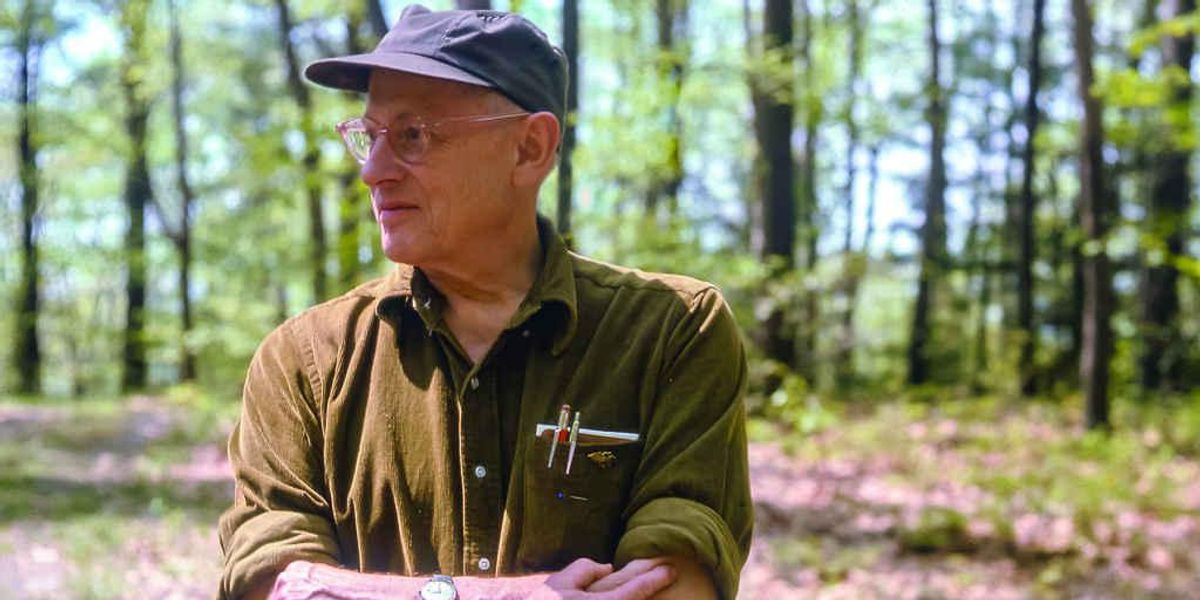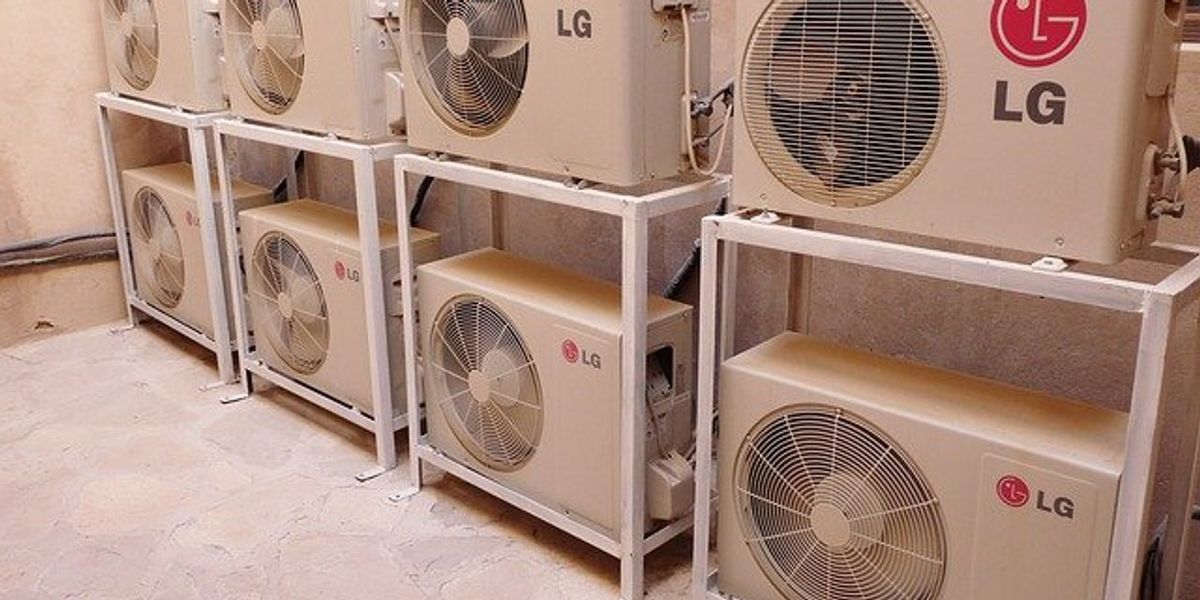
Wisdom of our elders
A tribute to four, each at least a half century older than me, who taught me a lot.
Every summer my dad got a week or two off from work and we'd head off to Paradise. That's what a cabin on a small Cape Cod pond seemed like after another year in New Jersey.
Nothing against Jersey, it was a great place to grow up. but our family home didn't have beaches a mile away, or fishing and night skies so un-polluted by light that you could see stars, planets, and shooting stars.
All this and a jovial man named Walter Preater – Uncle Walt to us since his wife Aunt Ethel was my father's cousin. When the Old Colony Railroad stopped its passenger service to Provincetown at the tip of the Cape during the Great Depression, Uncle Walt took his mattress full of savings and bought several of the shuttered train stations.
He had them towed to five-acre Moll's Pond in Eastham to form a charming little tourist camp. Cousin Leonard and his (my) family became regular renters. Uncle Walt cheerfully took credit for the pond, its fish, the starry sky, and oh yes – he told me that he personally put all the salt in the ocean. He also described "Jingle Bells," a pickerel who had snapped so many fishing lines that the hooks in his jaw announced his arrival.
My faith in Walter's origin stories vanished around the same time that I dismissed Santa Claus's toy supply chain theory. But his simple descriptions of catfish, tadpoles, bullfrogs, surfcasting for bluefish, and more had me hooked.
For me, he was an early inspiration for what became my life's work.
Fighting the long fight

Marjory Stoneman Douglas in 1985. (Credit: State Archives of Florida)
I never met Marjory Stoneman Douglas, but she taught me a lot. At age 57, she abruptly changed careers, from a barrier-shattering newspaper reporter to the undefinable job of hellraiser.
And that second career very nearly lasted another half century. Speaking, lobbying, writing, cajoling and never letting up became trademarks. Her graceful and passionate writing made a steaming-, gator-, snake- and mosquito-ridden swamp —the Everglades — worth fighting for.
In recent days Marjory Stoneman Douglas's name is better known for the Parkland, Florida, high school named in her honor, site of the nation's most lethal school shooting in 2018. She died 20 years earlier fighting for the Everglades nearly to the last day of her 108 years.
The Everglades are far from saved, but thanks to Douglas, they're still far from lost.
A science nerd for the ages
I briefly befriended Dan Smiley when I was eight, which means he would have been around 60.
The Smiley family built the Mohonk Mountain House, a ramshackle throwback of a resort hotel on 8,000 protected acres 90 miles north of New York City. The Smiley's founded Mohonk in 1869, and they still run it today.
I remember Dan Smiley as tall, bespectacled, and wearing a plaid flannel shirt and the ancestor of what we now know as cargo shorts, backed by high white socks.
He was the very image of a nature nerd, and showed me taxidermy of skunks and flying squirrels and explained how 1960's cartoons had done them a great disservice.
It was years later that I learned that Dan Smiley made detailed records of wildlife sightings, bird migrations, seasonal changes and the daily temperature and pH levels of Mohonk Lake. The latter stands as the oldest continuous record of acid rain damage in North America.
The distinguished gentleman

US Senator John Warner. (Credit: U.S. National Archives)
I didn't meet John Warner until I was more than 50 and he was around 85. He was a Marine flyer in World War II and Korea, Secretary of the Navy under Richard Nixon, and a five-term U.S. Senator, but in some circles, he may be best known as Liz Taylor's sixth husband.
In his Senate career, Republican Warner became one of the last bastions of cooperation, crossing the widening Congressional chasm on guns, LGBTQ rights, climate change, and more. After his 2009 retirement, Warner stumped for action on climate for the Pew Charitable Trusts, where I worked from 2009 to 2011. But by that time, no Republican who was still in office dared be so bold.
John Warner died last month, pre-deceased by any shred of climate integrity in his party's leadership, but a sign of hope that confronting climate change can once again be a two-party effort.
The geeks may not inherit the Earth, but they're surely pulling their weight in protecting it.
Peter Dykstra is our weekend editor and columnist and can be reached at pdykstra@ehn.org or @pdykstra.
His views do not necessarily represent those of Environmental Health News, The Daily Climate, or publisher, Environmental Health Sciences.
Banner photo: Dan Smiley, courtesy of Mohonk Preserve














